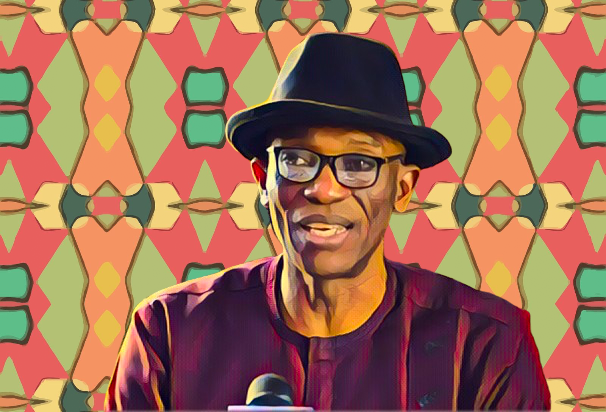In a move that has stirred controversy within the Labour Party (LP) and beyond, Mr. Julius Abure has secured re-election as the National Chairman of the party amidst notable objections, particularly from the Nigeria Labour Congress (NLC). The announcement came during the LP’s national convention in Nnewi, Anambra State, where Mr. Ikechukwu Emetu, the Deputy Governor of Abia State and Chairman of the National Convention, confirmed Abure’s victory by unanimous affirmation from the attending delegates.
The convention saw the return of other serving officers of the party, consolidating Abure’s leadership team for another term. This development comes against the backdrop of significant pushback from the NLC, which had previously called for Abure’s resignation. The labor union proposed the formation of a caretaker transition committee tasked with organizing a legitimate and inclusive national convention, aiming to rectify what they perceived as shortcomings in the party’s governance and representation.
Adding to the controversy is a factional chairman of the Labour Party in Anambra State, Mr. Peter Okoye, who vehemently criticized the convention’s legitimacy. Okoye’s remarks underscored the deep divisions within the party, labeling the convention as a “sham” and questioning the legitimacy of the electoral process that led to Abure’s re-election. He highlighted the absence of essential preliminary processes such as ward, local government, and state congresses, raising concerns over the elected delegates’ legitimacy and the convention’s overall validity.
Furthermore, Okoye pointed out the conspicuous absence of key stakeholders, including the NLC, Trade Union Congress (TUC), and members of the LP’s National Executive Council (NEC) and Board of Trustees (BOT). This absence, according to Okoye, called into question who was behind the convention and by what authority the National Working Committee (NWC) members were being elected.
As Abure embarks on his second term, the opposition from within the party and key labor organizations like the NLC and TUC poses significant hurdles. The party finds itself at a crossroads, facing the task of navigating these internal divisions and re-establishing unity and trust among its members and affiliates.
The re-election of Julius Abure, against the backdrop of protests and calls for a more transparent and inclusive electoral process, reflects the complex dynamics of party politics within the LP. As the party moves forward, the leadership will need to address these concerns and work towards healing the rifts that have emerged, ensuring that the party can effectively represent its members and constituents in the broader political sphere of Nigeria.



